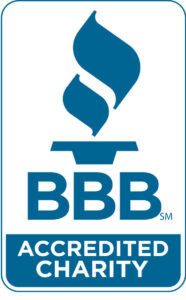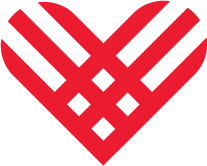- There are no upcoming events.
- There are no upcoming events.
Registration is required.
Please be advised that by registering for this event, unless we hear from you otherwise, we will include you as part of our regular mailing list and you may receive solicitations from FPWA. Please also be advised that the event will be recorded by FPWA. By enrolling for this event, you hereby: (1) give consent for FPWA or any third parties to use your photograph or image in its print, online and video publications; (2) release FPWA, its employees and any outside third parties from all liabilities or claims that you might assert in connection with the above-described uses; and (3) waive any right to inspect, approve or receive compensation for any materials or communications, including photographs, videotapes, website images or written materials, incorporating photos/images of you. To revoke this waiver, please email info@fpwa.org
Stay in Touch
Join our network and learn about FPWA events and news.
All rights reserved.
LEARN MORE
ABOUT FPWA
GET INVOLVED





